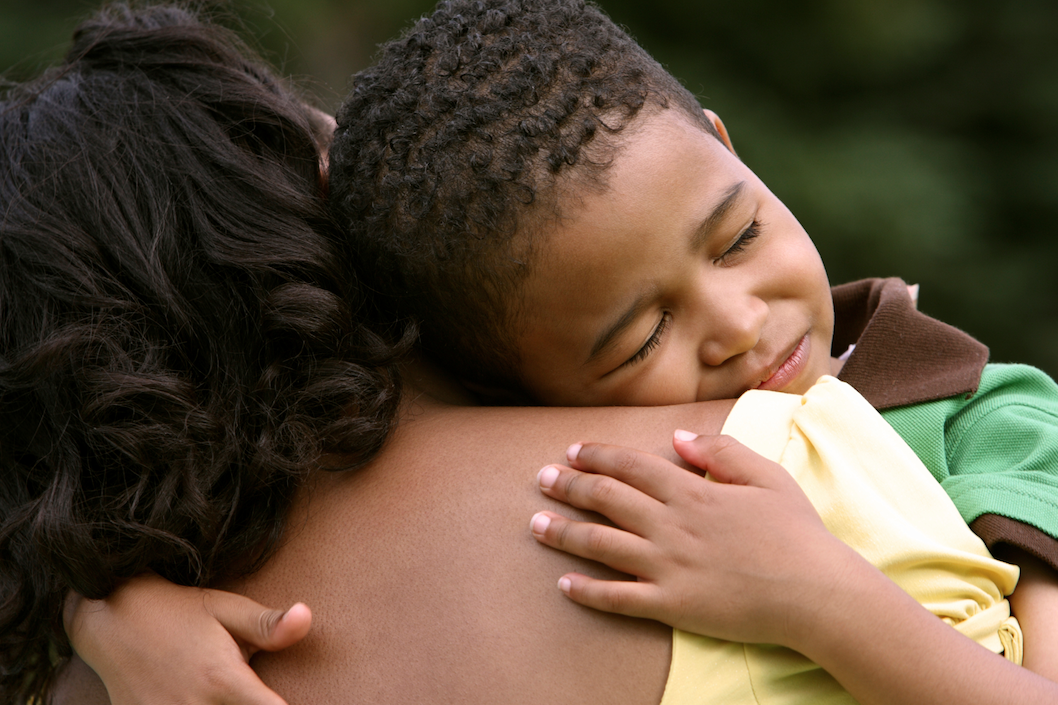Chances are, most people reading this know a child who has stayed home from school this week because they were afraid of being bullied. It’s estimated that 160,000 students around the country stay home each day out of fear of being bullied.* Yet many adults, for a variety of reasons, have no idea that the bullying is taking place.
 “Children may avoid speaking up about being bullied, which really just helps to perpetuate it,” explains Peter J. Goodman, author of the book “We’re All Different But We’re All Kitty Cats.” “It is important for teachers and parents to know that bullying is taking place so that they can try to address it, but sometimes it is difficult for them to find out that it is happening in the first place.”
“Children may avoid speaking up about being bullied, which really just helps to perpetuate it,” explains Peter J. Goodman, author of the book “We’re All Different But We’re All Kitty Cats.” “It is important for teachers and parents to know that bullying is taking place so that they can try to address it, but sometimes it is difficult for them to find out that it is happening in the first place.”
Goodman is helping to lay the foundation for bullying prevention in classrooms around the country with his book, “Bully Free Students Make Bully Free Classrooms” designed for kindergarten to third grade students, to help them understand, prevent, and address bullying.
The 5 top reasons kids hide that they’re being bullied are:
- They may think that they are tattling on another student, and they have been taught not to tattle. It is important that children learn the difference between tattling about unimportant things and telling an adult when bullying is taking place.
- Children may fear retaliation if they tell an adult they are being bullied. While the adult may address the issue with the child doing the bullying, there is going to be another time right around the corner when the adult is not around. Children may fear that things could get worse if the issue is addressed.
- Some children feel that they will not be believed. They believe that they will tell an adult and the person will not believe them or will suggest that maybe they did something to bring it on.
- Many children believe that telling an adult does nothing to help with the bullying. The research tends to support the notion that many adults don’t do anything about the bullying, or they simply brush it off, tell them to toughen up, or say that it is just a part of growing up. If children learn early on that adults don’t help, then they are not likely to report the incidents.
- When children are bullied, they may feel ashamed or embarrassed. This alone can keep them from reporting it, because they don’t want people to know that they were being bullied.
“Around half of the children who are bullied don’t end up telling an adult that it’s happening,” explains Karen Goldberg, child psychotherapist and co-author of the curriculum. “The more we can understand and address the reasons behind them not telling, the closer we will be to helping to solve the bullying problem our nation’s schools face.”
The challenge of children not telling adults that they are being bullied can be addressed and overcome. This can happen through a bully prevention program being in place, as well as parents and other adults talking to children about bullying and the importance of telling an adult when it happens. It is also important that when children do tell adults that it is addressed so that they feel confident in their decision to report it the next time.
The Kitty Cats book and educational curriculum has been written for children in pre-kindergarten through the third grade. The earlier children learn about the importance of preventing bullying, the better. To learn more about the book series, the curriculum bundle, or to purchase the volume that addresses bullying, visit www.dreambigpress.com.
Bullying Is A Big Problem
DID YOU KNOW?
- In our society, bullying is the most common form of violence.
EDUCATION.ORG - 90% of Elementary School Kids are Bullied: Survey
ABC NEWS - One in seven students from grades K-12 are either bullies or victims of bullying.
DOSOMETHING.ORG - Nearly one-fourth of students from elementary through high school have reported that they have been harassed or bullied at school because of their race, ethnicity, gender, religion, sexual orientation or disability.
DOSOMETHING.ORG - It’s estimated that 1 out of 4 elementary-school bullies will have a criminal record by the time they are 30.
KIDSHEALTH.ORG - An estimated 160,000 children miss school every day because they fear attack or intimidation by bullies.
NEW YORK TIMES - More than two-thirds of students believe that schools respond poorly to bullying, and that adult help is infrequent and ineffective.
NATIONAL ASSOCIATION OF SCHOOL PSYCHOLOGISTS - According to a new Harris survey of 1,144 parents nationwide, 67 percent of parents of 3- to 7-year-olds worry that their children will be bullied.
NEW YORK TIMES - A recent survey of 273 third graders in Massachusetts found that 47 percent have been bullied at least once; 52 percent reported being called mean names, being made fun of or teased in a hurtful way; and 51 percent reported being left out of things on purpose.
NEW YORK TIMES







